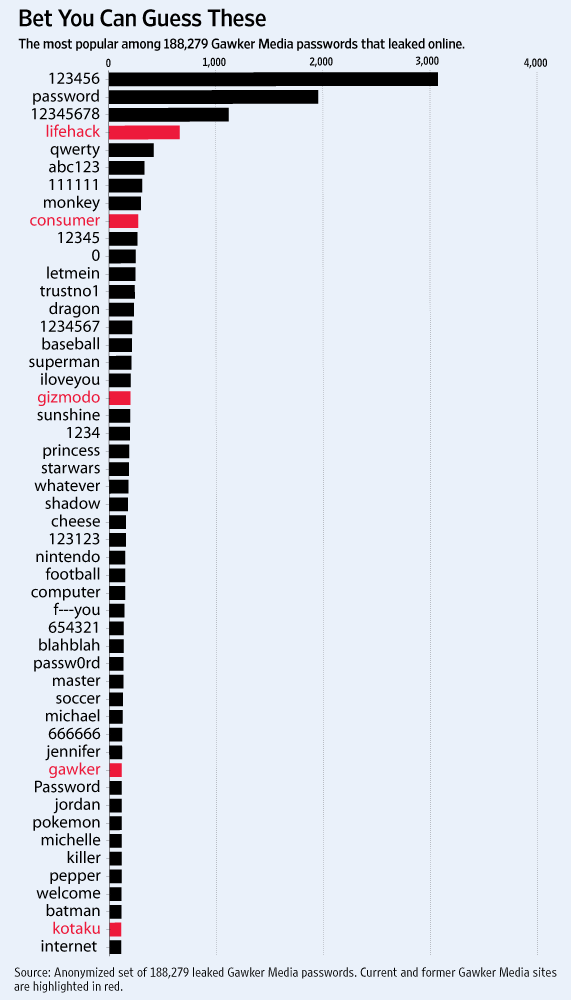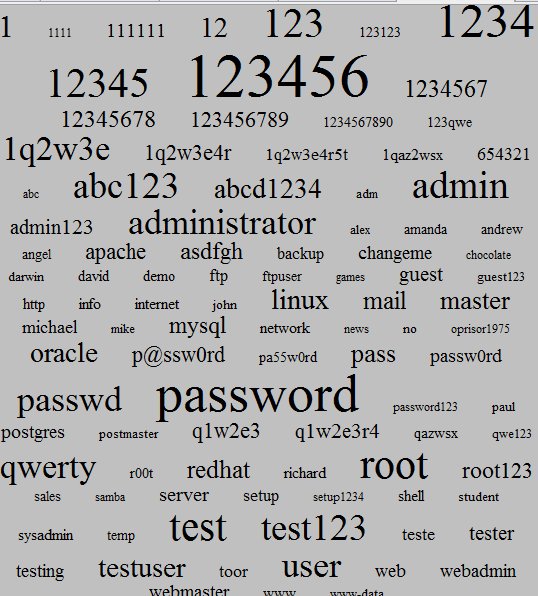I actually was considering buying a PS3 in the near future, as our existing Blu-Ray player doesn’t play nicely with Netflix, while my domestic gaming advisor tells me that PS3’s do. Sony’s security problems are enough to give me pause:
“It’s really scary,” said Marsh Ray, a researcher and software developer at two-factor authentication service PhoneFactor, who fleshed out the doomsday scenario more thoroughly on Monday. “It’s justification for Sony freaking out. They could lose control of their whole PS3 network.”
Ray’s speculation is fueled in part by chat transcripts that appear to show unknown hackers discussing serious weaknesses in the PSN authentication system. In it, purported hackers going by the handles trixter and SKFU discuss how to connect to PSN servers using consoles with older firmware that contain bugs susceptible to jailbreaking exploits, even though Sony takes great pains to prevent that from happening.
“I just finished decrypting 100% of all PSN functions,” SKFU claimed.
There’s no evidence the participants had anything to do with the massive security breach that plundered names, addresses, email addresses, passwords and other sensitive information from some 77 million PSN users. But the log did raise questions about the security of the network, since it claimed it was possible to fool the PSN’s authentication system into permitting rogue consoles.
On this reading, arrogance on the part of Sony executives, and complacency on the part of developers and testers are key elements of the security failure:
“If you can’t jailbreak it, then I can see a developer assuming that they don’t need a particular authorization check on what’s coming across the wire because a user can’t do that,” said WhiteHat Security CTO Jeremiah Grossman, an expert in web application security. “So if somebody managed to jailbreak their device and pop a flaw, I can see something major happening there.”
Hotz, the PS3 jailbreaker who recently settled the copyright lawsuit Sony brought against him, said in a recent blog post that the theory is plausible and that responsibility for the hack lay squarely on the shoulders of Sony executives who placed too much trust in the invulnerability of the PS3.
“Since everyone knows the PS3 is unhackable, why waste money adding pointless security between the client and the server?” Hotz, aka GeoHot, wrote. “This arrogance undermines a basic security principle, never trust the client. Sony needs to accept that they no longer own and control the PS3 when they sell it to you.”








